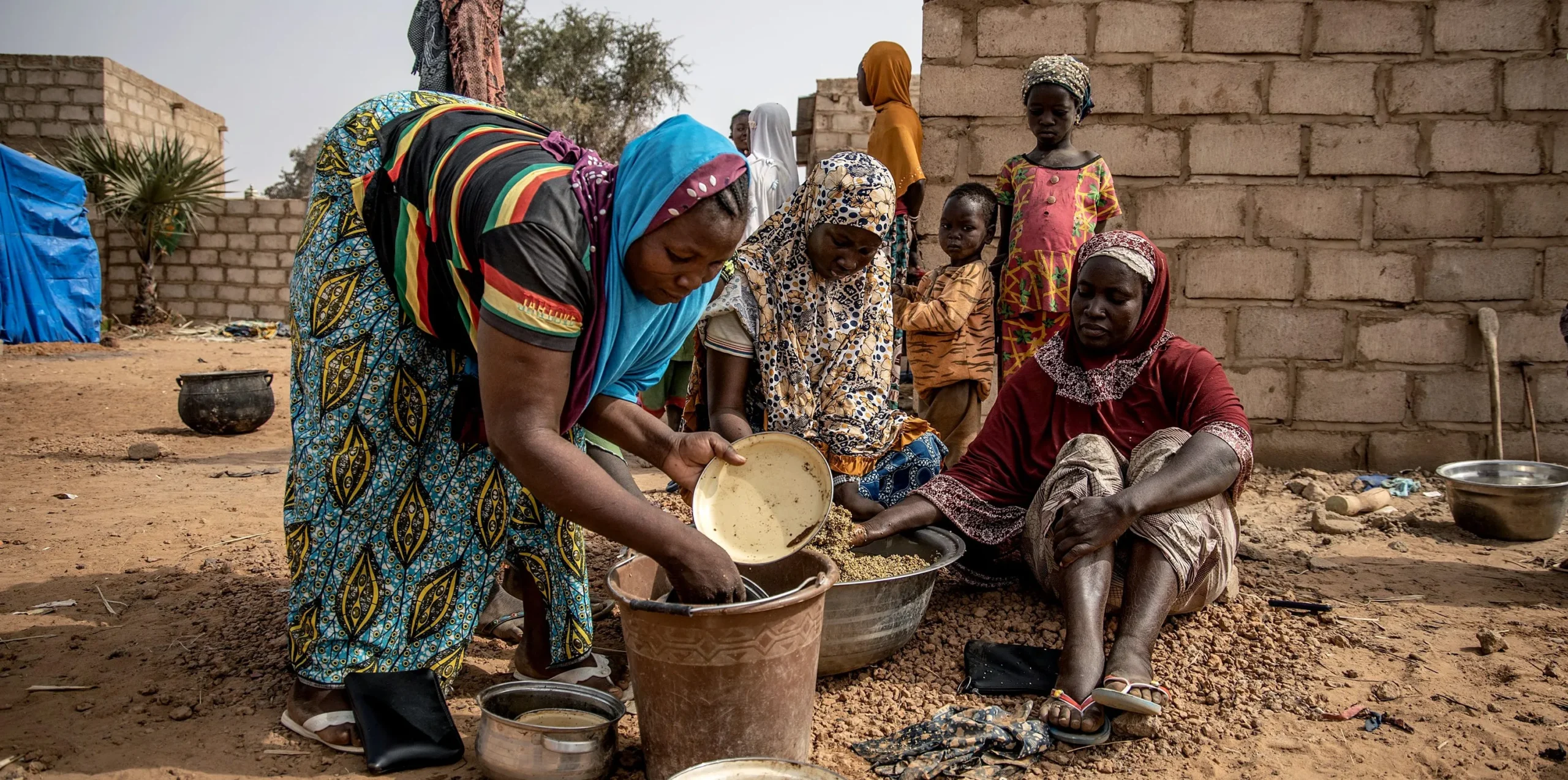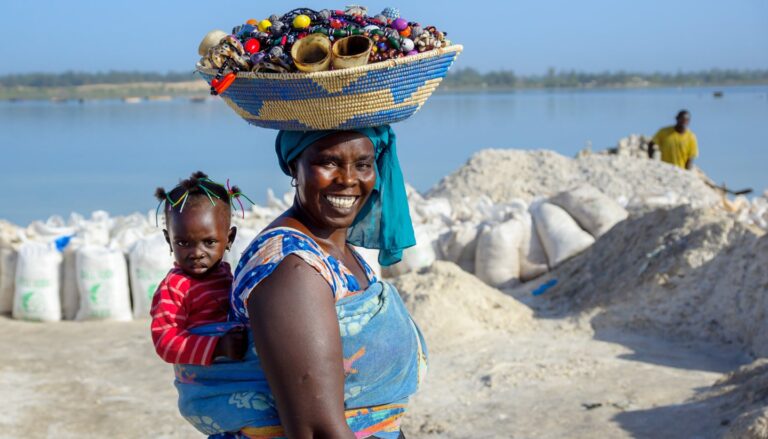The West African Economic and Monetary Union (WAEMU), governed by the Central Bank of West African States, (BCEAO; Banque Centrale des Etats de l’Afrique de l’Ouest), comprises eight member countries: Benin, Burkina Faso, Côte d’Ivoire, Guinea-Bissau, Mali, Niger, Senegal, and Togo. The BCEAO is central to financial innovation and the advancement of payment systems in the region. While no specific open banking framework is officially implemented across these countries, the region demonstrates promising financial inclusion initiatives and digital payment growth.
The BCEAO has initiated several frameworks to modernize the financial ecosystem in WAEMU. These efforts include initiatives like STAR-UEMOA, an automated real-time gross settlement system, and the 2024 regulatory framework for payment service providers, which emphasizes transparency, consumer protection, and the development of digital financial systems. However, the framework stops short of mandating data-sharing, which are central to open banking principles. This regulatory gap presents a potential opportunity to explore open banking as a means of fostering collaboration and competition in the region.
Benin Republic
Benin’s financial sector has seen growth in digital financial services, supported by the BCEAO’s regulatory framework for e-money providers. However, its economy is still largely reliant on agriculture, trade, and informal markets. Although the BCEAO has been proactive in promoting digital financial services, it has not yet fully formalized open banking regulations. However, there are ongoing efforts to create frameworks for secure data sharing and customer consent.
Traditional banking remains low, with urban areas having better access to financial institutions than rural regions. However, platforms like MTN MoMo and Moov Money dominate financial transactions, providing access to financial services for rural and unbanked populations. While open banking frameworks are absent, ongoing efforts to create secure data-sharing and customer consent mechanisms highlight the potential for future developments
Burkina Faso
Burkina Faso’s financial ecosystem remains underdeveloped but is recording progress in digital services. The country’s reliance on agriculture and gold mining limits its financial diversification. Like in other countries in the region, open banking has not yet been formally introduced in Burkina Faso. However, mobile money adoption is growing steadily, presenting an opportunity for open banking to enhance access to tailored financial services.

Côte d’Ivoire
As the economic powerhouse of WAEMU, Côte d’Ivoire leads in financial innovation.
It is one of WAEMU’s largest economies, with growing fintech activity. In 2021, Côte d’Ivoire continued its implementation of the National Financial Inclusion Strategy (SNIF). This included various initiatives aimed at bolstering digital finance and enhancing financial literacy among the population. The country has also made strides in mobile money adoption and digital payments, particularly through platforms like Orange Money and Moov Money. These advancements provide a strong foundation for open banking initiatives, which could further drive innovation and financial inclusion in the future
Guinea-Bissau
Guinea-Bissau’s financial sector is one of the less developed compared to other WAEMU countries.
These country lags in digital financial infrastructure and fintech penetration. However, ongoing efforts by the Central Bank to expand mobile money access could contribute to the push for financial inclusion and pave the way for data-sharing initiatives to enhance access to banking services.
Mali
Mali’s financial sector has been resilient despite its current socio-economic challenges. Like its neighbors, Mali has witnessed growing penetration of mobile money services, but these are insufficient to establish an open banking ecosystem without further investment in infrastructure and regulation.
Niger
Niger’s financial sector is among the least developed in WAEMU, with low banking penetration and heavy reliance on informal financial systems. Despite these challenges, mobile money services are gaining traction, facilitated by telecom operators like Airtel and Moov. Efforts to enhance digital financial services are underway, though the country would require significant infrastructure investment and regulatory frameworks to adopt open banking in the future.
Senegal
Senegal stands out as a leader in digital payments and financial inclusion in WAEMU. Supported by BCEAO frameworks, its government is actively promoting the digitization of payments.
Senegal is developing a National Financial Inclusion Strategy (2022 – 2026), prioritizing the development of financial services focused on the most vulnerable segments of its population. The strategy also includes efforts to digitize recurrent payments, including government-to-person transfers, promote financial education and establish regulatory frameworks for consumer protection. These efforts make Senegal well-positioned to embrace open banking in the near future.

Togo
Togo has seen steady progress in its financial sector, also with a strong emphasis on mobile money adoption. Platforms such as TMoney and Flooz play a pivotal role in financial transactions, especially in rural areas. In December 2021, the government of Togo adopted the country’s national financial inclusion strategy aimed at increasing access to and use of a diversified range of formal, affordable and adapted financial products and services.
Despite these advancements, open banking frameworks remain absent. The country’s participation in WAEMU-driven financial reforms offers hope for future developments, particularly in digital payments and consumer-focused financial services.
Regional Strategies in WAEMU
Next Steps
It is clear that the region is at an early stage of exploring digital financial services. The WAEMU region has laid the groundwork for digital financial transformation, with BCEAO’s initiatives addressing payment system modernization and financial inclusion.
While open banking could be a transformative force, there are a number of factors that would need to be in play for it to become a reality.
With these developments, WAEMU could leverage open banking to boost competition, foster fintech innovation, and drive economic growth. Progress will depend on BCEAO’s leadership and the region’s ability to overcome infrastructure and regulatory challenges. Updates will follow as initiatives evolve.
Important Links
Open Banking Nigeria (Open Technology Foundation) is a non-profit backed by a group of industry experts across banking, fintech, risk management, and more to drive and launch the open banking standard in Nigeria.